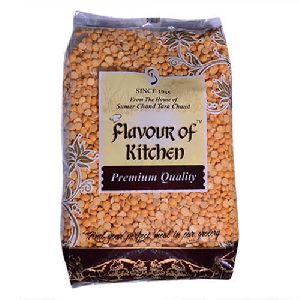
Chana Dal
85 Per Kilogram
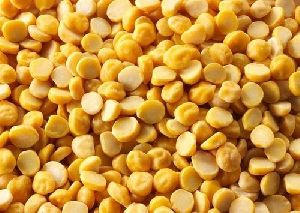
Chana Dal
Get Price Quote
10 Ton (MOQ)
Best Deals from Chana Dal
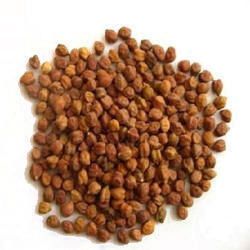
Kala Chana Dal
Get Price Quote
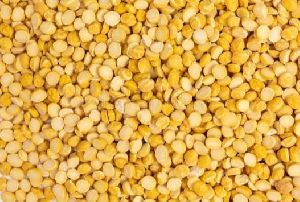
Chana Dal
Get Price Quote
200 Kilogram (MOQ)
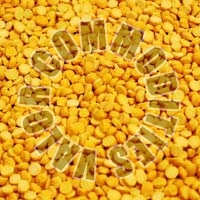
Chana Dal
Get Price Quote
Being one of the leading names in the industry, we are engaged in offering Chana Dal to our clients. It is highly acknowledged for its great taste, rich nutritional values, and long shelf life. Our offered product is widely used for preparing various delectable dishes, all over the globe. We offer it in various quantity packs, as per the requirements of our clients. Our esteemed costumers can avail the Chana Dal at a highly reasonable price.
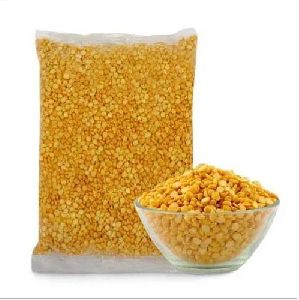
Chana Dal
Get Price Quote
Chana Dal is a wellspring of folate, calcium, zinc, and protein, it is low in fat and healps to bring down cholesterol. It serves as a healthy snack that can effortlessly be added in the weight loss diet. Also, it is a great source of magnesium that improves insulin response by lowering insulin resistance. Delivery time depend on location
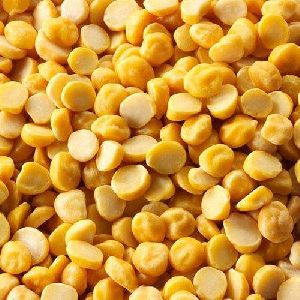
Chana Dal
Get Price Quote
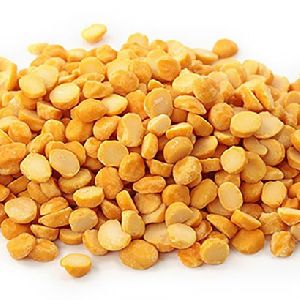
Chana Dal
Get Price Quote
Chana dal is also known as split chickpeas, Chana dal is high in fiber and helps to lower cholesterol.
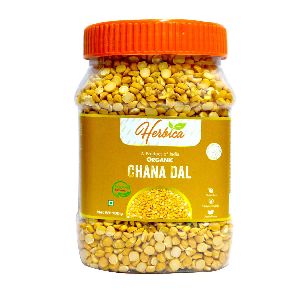
Chana Dal
99 Per Pack
100 Pack (MOQ)
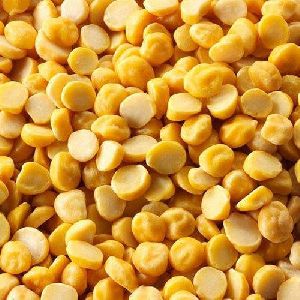
Chana Dal
Get Price Quote
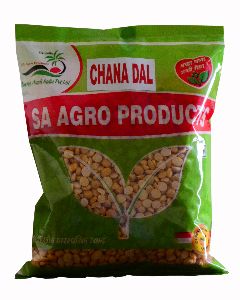
Chana Dal
76 Per Kilogram
50 Kilogram (MOQ)
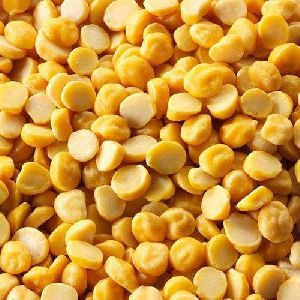
Chana Dal
Get Price Quote
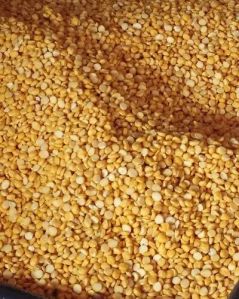
yellow chana dal
67 Per Kilogram
100 Kilogram (MOQ)
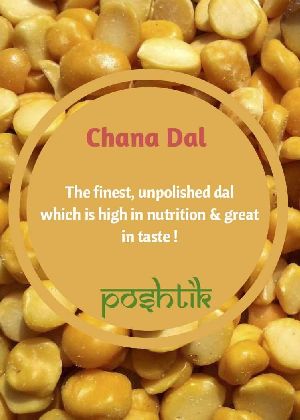
Chana Dal
Get Price Quote
The practice of polishing pulses (or for that matter other food products like rice, sugar, etc.) has its origin in the desire to improve its keeping quality, and over time an established demand for good appearance. Unfortunately, the aesthetic sense is appealed to in greatest measure in this case by the product of lowest nutritive value. Polishing, though not recommended, is done primarily for second and third grade dal. Dobious quality oil, colour and marble powder are used to improve appearance and price of the product. Commonly leather belts are used for rubbing dal against the screen to give shine and uniform look. The advantages and disadvantages polished dals? Here’s a simple list: Key Advatanges Improves shelf life and storability of the grain Reduces impact of microbes and other pests Shine makes it more attractive Yields better price in the market Disadvantges Polishing leads to loss in nutritive value, primarily natural fibre Adulteration with sub standard oils, stone powder, etc. is harmful for human consumption Poor value for money, since inferior grade is typically packaged and sold Takes longer to cook How are dals polished? After undergoing the standard pre milling treatment such as cleaning, sorting, de-husking, sliptting, etc., the pulses are polished to increase consumers appeal, though not desirable. Dal is polished in different ways, such as nylon polish, oil/water polish, leather and makhmal polish. Generally polishing is done in large commercial machines using marble stone powder, oil or water. Polishing gives uniform look and shine to each grain. What are the big benefits of consuming unpolished dals? No polish means to get closest to real natural dal without being subjected to undesired polishing process and chemical adulterants into your diet. Pulses are very high in fibre. They contain both soluble and insoluble fibres. Soluble fibre helps lower blood cholesterol levels, while insoluble fibre helps with digestion as well as maintaining regular bowel movements. Polishing processes severely reduce the fibre content of your dal. Why should I consume Poshtik Chana Dal ? Chana dal is not polished and hence all nutrients are preserved. They are grown in areas which have traditionally grown the best dals you could get – Maharashtra, Madhya Pradesh & Karnataka. Poshtik™ sources only wholesome varieties of dals from various parts of the country. Our dals are superior for the following reasons: We do not polished dal so it retains most of the original nutritive content and taste Poshtik™ dals are easy to cook and bring out the true aroma and flavor We procure only A-grade produce Our dals are sourced from various regional markets where they are grown, to reduce chance of adulteration across the value chain Dals are packaged in high quality food grade material to keep freshness intact Poshtik™ dals are very similar to how our grandparents consumed pulses. Why are unpolished dals more expensive? Unpolished dals are costlier since there is little room for the miller to mix or blend low grade grains. With limited shelf life (usually 8-10weeks compared to 12-16 weeks for polished dals), unpolished stock is also subject to faster spoilage.
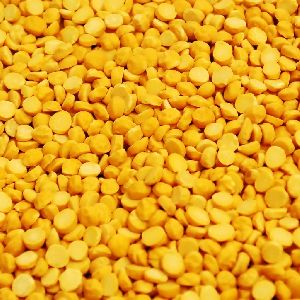
Chana Dal
Get Price Quote
Chana dal is also known as split chickpeas, Chana dal is high in fiber and helps to lower cholesterol.
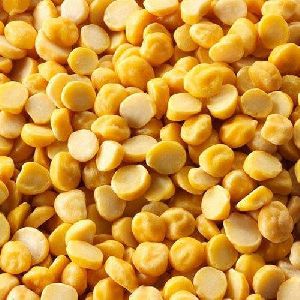
Chana Dal
Get Price Quote
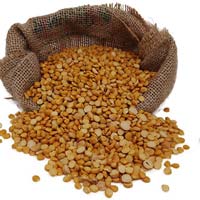
Organic Chana Dal
Get Price Quote
100 Kilogram (MOQ)
Organic Chana dal is baby chickpeas that has been split and polished.Chana dal is highly nutritious even when is roasted or powdered to make the besan i.e. chickpea flour or Bengal gram flour. It has a rich flavor and aroma.In India, almost every region has some special delicacies and recipes made with split Bengal gram. They look and taste like small kernels of sweet corn and work well in soups, salads, and rice dishes. Combined with rice and roti, it provides the essential amino acids for complete protein.
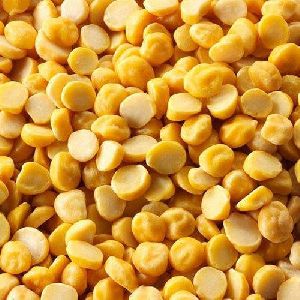
Chana Dal
Get Price Quote
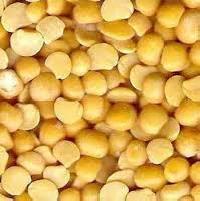
Gram Pulses
Get Price Quote
Gram Pulses, Masur Dal

Chana Dal
Get Price Quote
Chana Dal

Chana Dal
Get Price Quote
Chana Dal, Almonds, 1121 White Sella Rice, Toor Dal, Splits Cinnamon

chane ki daal
Get Price Quote
chane ki daal, Kashmiri Rajma

Chana Dal
Get Price Quote
Chana Dal

Chana Dal
Get Price Quote
Chana Dal, Arhar Dal, Toor Dal

Chana Daal
Get Price Quote
Chana Daal, tuvar daal, Mung Pulses, masoor daal, white gram

Chana Dal
Get Price Quote
Chana Dal, Atta, tuvar dal, Hair Shampoo, Printed Packaging Box

Chana Dal
Get Price Quote
Chana Dal, Cumin Seed, Coriander Seeds

Chana Dal
Get Price Quote
Chana Dal, Printed Packaging Box, pp sunpack sheet

Chana Dal etc
Get Price Quote
Chana Dal etc, Toor Dal

Chana Dal
Get Price Quote
Chana Dal, Toor Dal